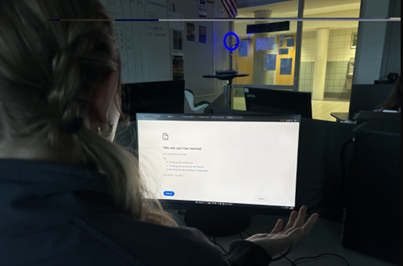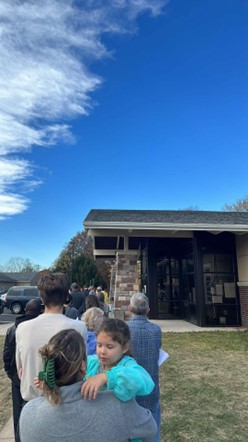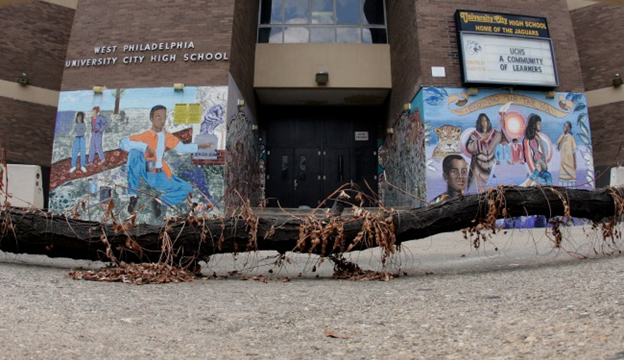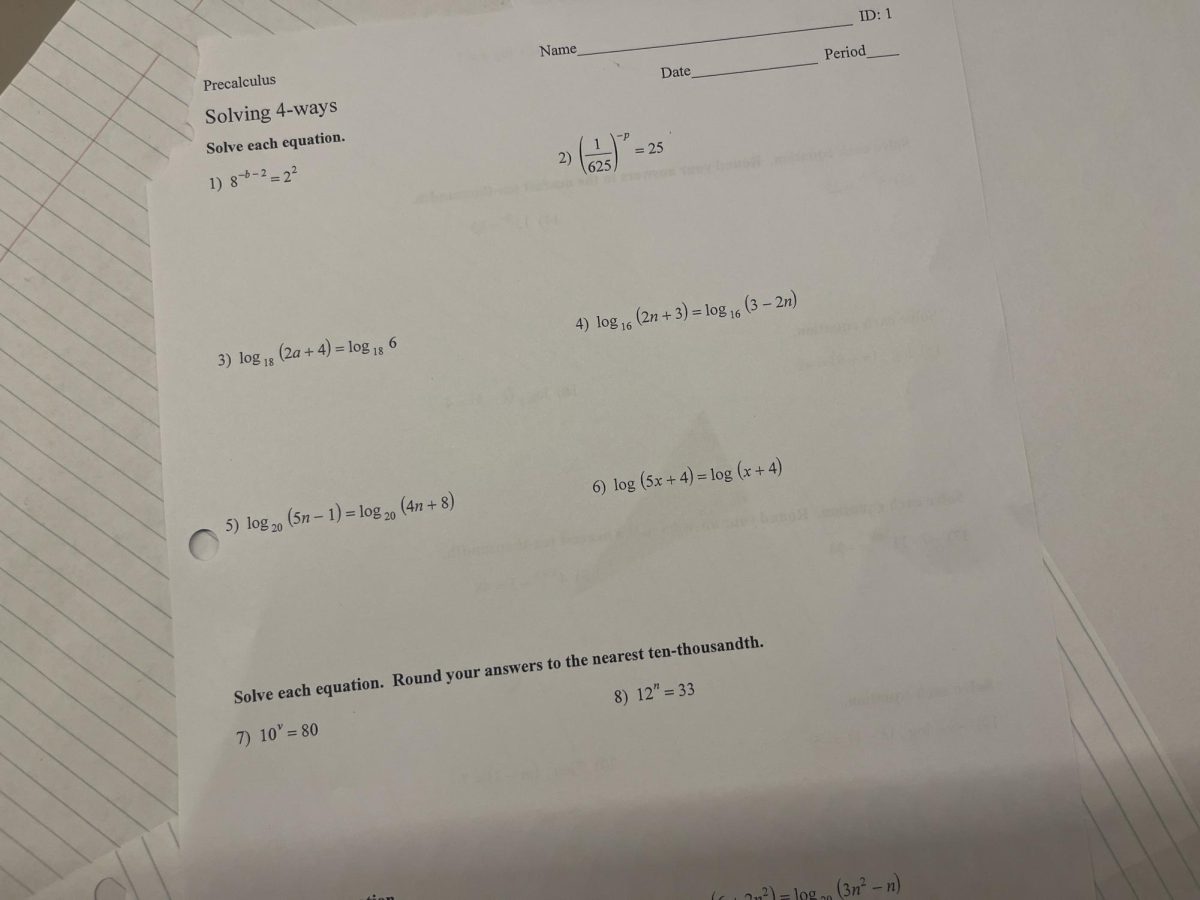The website restrictions on school computers are too restrictive. Although some blocking is necessary, it often impedes a student’s ability to research and could block them from certain important resources for their health and safety.
Internet filters in schools have many upsides. They are used as a prevention method that not only allows students to stay on task but also helps the school follow the Children’s Internet Protection Act passed by Congress in 2000. CIPA requires schools to block minors from viewing inappropriate matters and to ensure the safety of students when communicating online. Schools also need to restrict students from doing unlawful activities such as hacking and unauthorized disclosure of personal information. If a school fails to comply with these rules, then it will not qualify for the E-Rate funding that provides technological discounts. Along with the prevention of inappropriate matters, website blocking also prevents students from playing online games in class and other distractions such as cyberbullying. Although all of this is necessary, it can be too restrictive.
Blocked websites can not only impede a student’s ability to research but also deprive them of practicing digital literacy. Abby Keller, a Pennridge High School Senior, voiced “I was disappointed that I was not able to go on specific sites when doing research for an AP Government project.” Keller added, “Often the information within the preview was correct but I was not able to see the entire article with all the specific details I needed for my project.” Even though her research was educational and on Supreme Court Cases, some sites were still blocked. Restrictions not only apply to individual research projects but also to learning done in class. Along with certain research sites, font downloads, font generators, and anything that converts YouTube to mp3 or mp4 is often restricted. Internet restrictions within schools can prevent students from learning how to use it efficiently and responsibly.
Web filters work by scanning content in real-time. Often, the filters will block entire URLs or it has a solution that determines whether that certain website contains inappropriate material based on set rules and filtering controls. The filters may mistake important educational topics for something inappropriate. Often complaints about what they block include sex education, suicide prevention, and resources for LGBTQ. A solution for schools may be changing what type of web filter they use. For example, a filter that allows teachers to act as a guide and approve certain websites for kids when they request it. Jeremy Friedman, a Pennridge High School teacher, suggested “The consideration of age-appropriate websites would be more beneficial, different infrastructure for different levels of school, have a different proxy for different students.”
Web filtering is not bad, and is necessary for schools around the United States, but schools should make sure that the filters they are using are not so restrictive to the point that they are impeding important resources for students and information for research projects.
Sources:
–https://www.goguardian.com/blog/pros-and-cons-of-implementing-school-web-filtering
–https://managedmethods.com/blog/content-filtering-for-schools/





